The Norris and Margery Bendetson EPIIC International Symposium
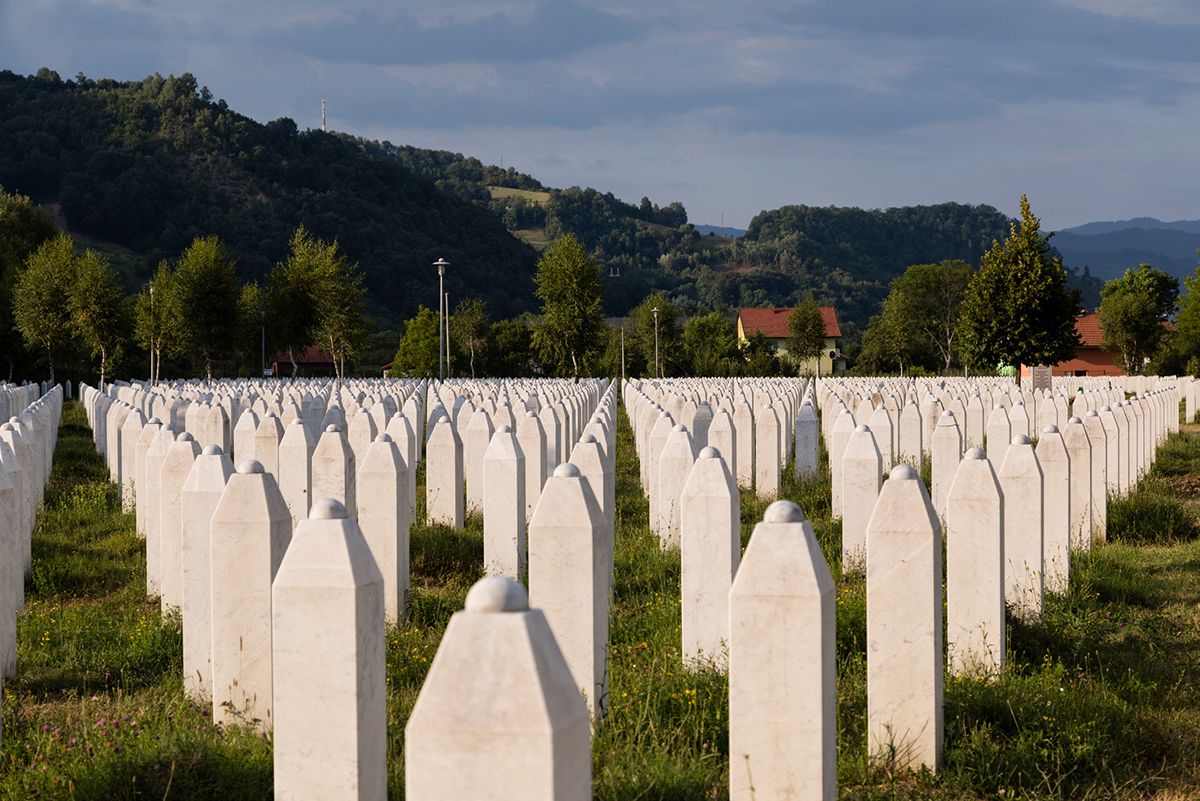
Preventing Genocide and Mass Atrocities
The 35th Annual Norris and Margery Bendetson EPIIC International Symposium
October 9-10, 2020
The international symposium is an annual public forum designed and enacted by EPIIC students. It features international practitioners, academics, public intellectuals, activists and journalists who come to Tufts each year for three days of discussion and debate in panels and small-group discussions determined by students in the EPIIC course. Students who conduct research projects also have the opportunity to present alongside the invited experts.
The Boston Globe made this assessment of the EPIIC Symposium:
"At a time when the national discourse seems forever reduced to its lowest common denominator…to sound bites and slogans…EPIIC is a refreshing antidote. Far from looking to simplify the world, the symposium aims to teach students to view life in a way that respects complex human systems."
Read the TuftsNow Article about #EPIIC2020 Symposium
Genocide and mass atrocities are “a direct assault on universal human values,” says Williams. Atrocities force the persecuted to flee their homelands, increasing “humanitarian need, which stretches the capacities and resources of nations, of international organizations, of aid agencies, and NGOs.”
Symposium Schedule
Friday, October 9
|
12:00pm (EDT) |
Symposium Introduction: Abi Williams, Director, Institute for Global Leadership, Professor of Practice of International Politics, The Fletcher School of Law and Diplomacy, Tufts University |
|
12:00pm (EDT) |
Dr. Jean Mayer Global Citizenship Award Keynote Address: David Scheffer “Why Preventing Atrocity Crimes is the Highest Priority"
|
|
5:00-6:00pm (EDT) |
Never Again, and Again, and Again: Causes of Genocides and Mass Atrocities
|
|
5:25pm (EDT) |
Never Again - Breakout Sessions
|
|
6:30-7:30pm (EDT) |
Genocide Does Not Happen by Accident: Early Warning, Prevention, Intervention
|
|
6:55pm (EDT) |
Early Warning - Breakout Sessions
|
Saturday, October 10
|
1:00-2:00am (EDT) |
After Genocide: Prosecution, Transitional Justice and Reconciliation
|
|
1:25am (EDT) |
After Genocide - Breakout Sessions
|
|
11:00am-12:00pm (EDT) |
Memory, Survival and Genocide
|
|
11:25am (EDT) |
Memory, Survival and Genocide - Breakout Sessions
|
|
2:00-3:00pm (EDT) |
Genocide in the 21st Century
|
|
2:25pm (EDT) |
Genocide in the 21st Century - Breakout Sessions
|
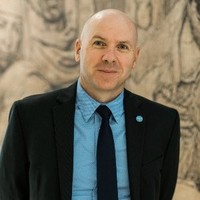 Dr. Simon Adams
Dr. Simon Adams
Dr. Simon Adams is Executive Director of the Global Centre for the Responsibility to Protect. He has worked extensively with governments and civil society organizations in South Africa, East Timor, Rwanda, Mozambique, Zimbabwe and elsewhere. Between 1994 and 2002, Dr. Adams worked with Sinn Féin and former IRA prisoners in support of the Northern Ireland peace process. He is also a former anti-apartheid activist and member of the African National Congress.Dr. Adams is the author of four books and numerous academic articles with a focus on international conflict. Among his other commitments, Dr. Adams is currently Special Advisor to the Monash-Oxfam Partnership and a member of the board of Catalpa International, an East Timorese not-for-profit information technology and development organization. He acts as an advisor to Skateistan, an award-winning non-profit organization dedicated to using skateboarding to expose Afghan, Cambodian and South African children to educational and leadership development opportunities.
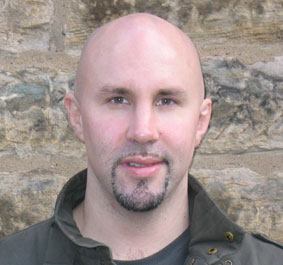 Donald Bloxham
Donald Bloxham
Donald Bloxham is Professor of Modern History at Edinburgh University. An expert in the history of genocide and the punishment of genocide, he is the author of Genocide on Trial and The Great Game of Genocide: Imperialism, Nationalism, and the Destruction of the Ottoman Armenians. He is also co-editor of the Oxford Handbook of Genocide Studies and the monograph series Zones of Violence. Professor Bloxham was the youngest full professor of history in the United Kingdom at the time of his fellowship. He is the winner of several prizes and honors for his work including a 2006 Philip Leverhulme Prize, a 2007 University of Edinburgh Chancellor’s Award, and the 2007 Raphael Lemkin Award for genocide scholarship.
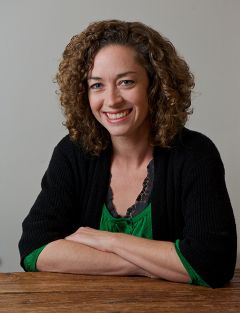 Bridget Conley
Bridget Conley
Bridget Conley is associate professor of research and research director at the World Peace Foundation, The Fletcher School of Law and Diplomacy, Tufts University. Her specializations include mass atrocities, genocide, museums, and memorialization. Before joining the WPF, she served as research director for the U.S. Holocaust Memorial Museum’s Committee on Conscience, where she helped establish the Museum’s program on contemporary genocide. Over her ten years at the Museum, she led many of the Museum’s signature projects on genocide, including case study and issue analysis, educational programs, exhibitions, and its podcast series, Voices on Genocide Prevention, which she hosted from 2008-2011. She is the Editor of How Mass Atrocities End Studies from Guatemala, Burundi, Indonesia, the Sudans, Bosnia-Herzegovina, and Iraq.
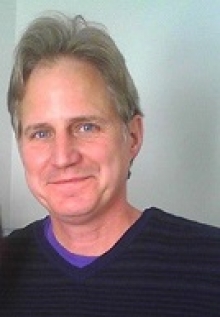 John Cox
John Cox
John Cox is Associate Professor of Political Science and Director of the Center for Holocaust, Genocide and Human Rights Studies at the University of North Carolina, Chapel Hill. Before coming to UNCC in 2011, Dr. Cox founded and directed a genocide and human rights-studies center at Florida Gulf Coast University. Dr. Cox has written and lectured widely on racism and genocide, human rights, and resistance to Nazism and other oppressive systems. He recently published a book on modern genocide and racism, To Kill a People: Genocide in the 20th Century. A second edition, to be published in 2021, will add a chapter on the Bosnian genocide of 1992-1995. His other publications include a book on anti-Nazi resistance, Circles of Resistance: Leftist, Jewish, and Youth Dissidence during the Third Reich. Dr. Cox’s current research projects include his monograph project, tentatively titled Rebellion and Resistance in the Nazi Empire: Fighting Hitler, Fighting for a New World, and a major co-edited genocide-studies volume, The Routledge Handbook of Genocide Studies.
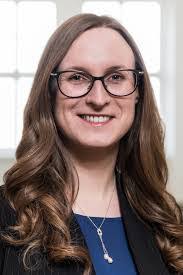 Dr. Viviane Dittrich
Dr. Viviane Dittrich
Dr. Viviane Dittrich is Deputy Director of the International Nuremberg Principles Academy. She is also a Visiting Fellow at the Centre for International Studies at the London School of Economics and Political Science (LSE). Previously she has been Honorary Research Associate at Royal Holloway, University of London, and a Visiting Researcher at iCourts (Centre of Excellence for International Courts), University of Copenhagen. Drawing on extensive field research her work comparatively investigates the International Criminal Tribunals for the former Yugoslavia and for Rwanda, the Special Court for Sierra Leone, the Extraordinary Chambers in the Courts of Cambodia, the International Criminal Court, and the International Military Tribunal (Nuremberg). She has written on the notion of legacy and the process of legacy building at the international criminal tribunals and hybrid courts. She has broad teaching experience at LSE, Royal Holloway and Sciences Po, inter alia on the politics of international law, global crime, international institutions and US foreign policy.
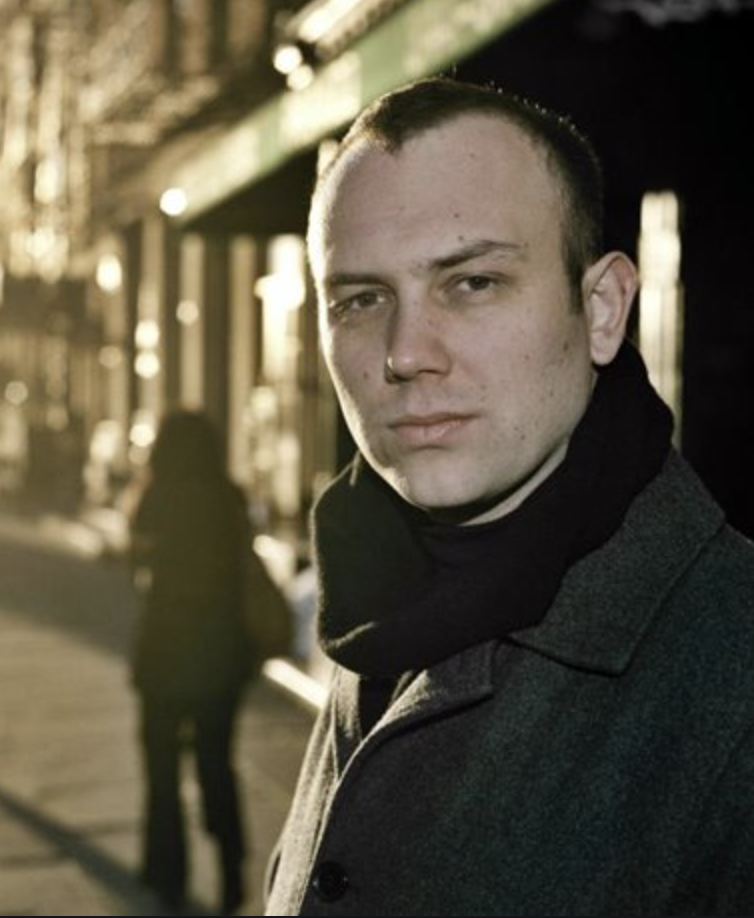 Ziyah Gafić
Ziyah Gafić
Ziyah Gafić (1980) is an award-winning photojournalist and videographer based in Sarajevo focusing on societies locked in a perpetual cycle of violence and Muslim communities around the world. He is a member of VII Photo Agency and a TED Fellow. He covered major stories in over 50 countries. Ziyah’s work received many prestigious awards such as multiple awards at World Press Photo, Grand Prix Discovery of the Year at Les Rencontres d'Arles, Hasselblad Masters Award, City of Perpignan Award for Young Reporters at Visa pour l’Image, Photo District News, Getty Images grant for editorial photography, TED fellowship, Prince Claus grant, and Magnum Emergency fund grant. His work is regularly published in leading international publications. Ziyah authored several monographs including "Troubled Islam - short stories from troubled societies", "Quest for Identity," and the most recent, "Heartland."
 Dr. Tawanda Hondora
Dr. Tawanda Hondora
Dr. Tawanda Hondora is Adviser and Head of the Rule of Law Section in the Governance and Peace Directorate of The Commonwealth Secretariat in London. He was formerly the Executive Director of World Federalist Movement – Institute for Global Policy (WFM-IGP), the organization that houses and coordinates the work of the Coalition for the International Criminal Court (CICC). Dr. Hondora has extensive experience of using research, campaigns and advocacy, grantmaking and strategic litigation to influence change, especially in the context of fragile and conflict-afflicted states. He previously worked as an Investments Director in the private philanthropic sector and as Head of Strategic Litigation at Amnesty International, among other senior roles.
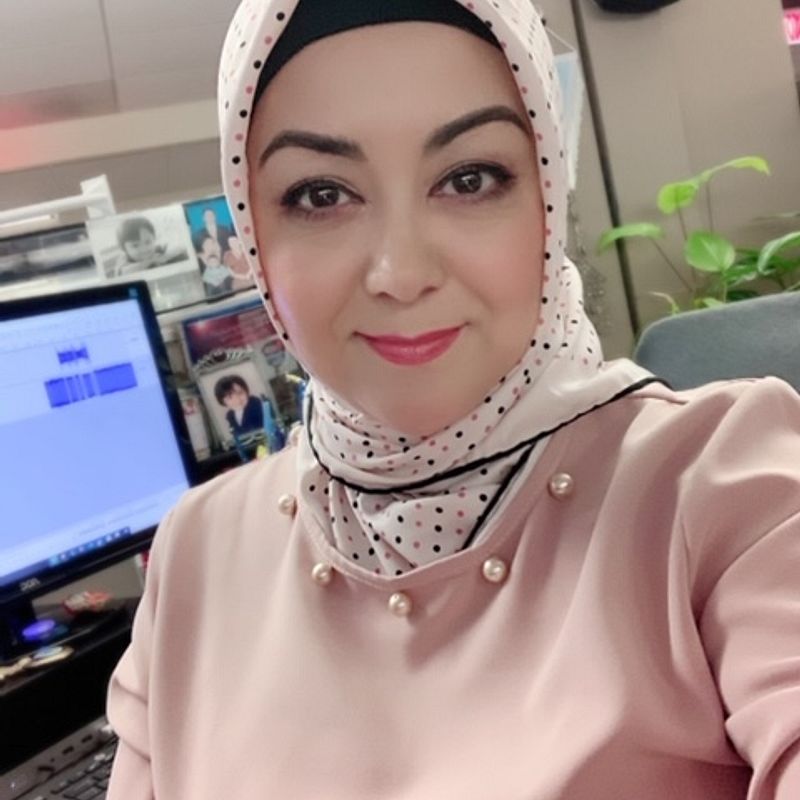 Gulchehra Hoja
Gulchehra Hoja
Gulchehra Hoja is a broadcaster with Radio Free Asia’s Uyghur Service, where she has worked since 2001. Prior to RFA, Ms. Hoja was a successful TV personality and journalist in China’s Uyghur Region with Chinese state media. But after first hearing RFA’s Uyghur Service’s news broadcast on shortwave radio, she decided to leave China and join the U.S.-effort to provide the Uyghur people with trustworthy, uncensored journalism. At least two dozen of Ms. Hoja’s China-based relatives are missing, all presumed to be held in so-called “re-education camps.” Her parents were detained in February 2018 but were released because of health issues. Ms. Hoja has a bachelor’s degree in Uyghur language and literature from Xinjiang Normal University.
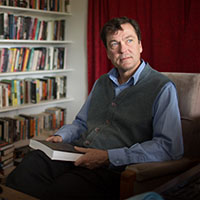 Adam Jones
Adam Jones
Dr. Adam Jones is a Professor of Political Science and Head of International Relations at the University of British Columbia, Okanagan. He is the Author of Genocide: A Comprehensive Introduction, the most widely used textbook in genocide studies. He is also the author of “Chomsky and Genocide,” in Genocide Studies and Prevention, and is finalizing work on a new collection of essays, provisionally titled Sites of Genocide. He was previously an Associate Research Fellow in the Genocide Studies Program at Yale University. His publications include the edited volumes Gendercide and Genocide (2004) and Genocide, War Crimes and the West: History and Complicity (2004). He is co-founder and executive director of Gendercide Watch (www.gendercide.org). He is Senior Book Review Editor for the Journal of Genocide Research.
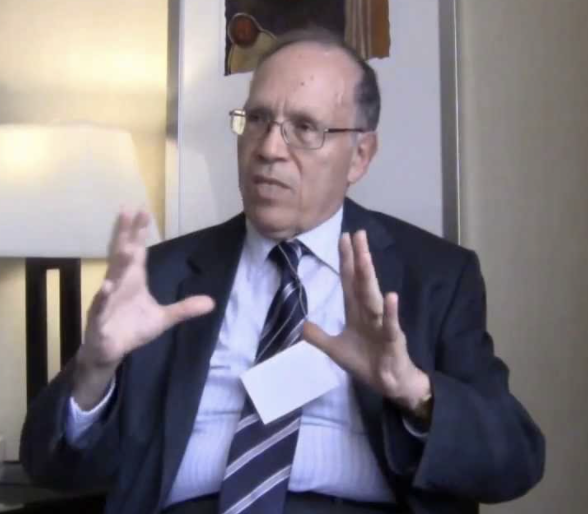 Manus Midlarsky
Manus Midlarsky
Manus I. Midlarsky is the Moses and Annuta Back Professor of International Peace and Conflict Resolution, and Director of the Center for the Study of Mass Violence at Rutgers University. His books include: On War: Political Violence in the International System, The Disintegration of Political Systems: War and Revolution in Comparative Perspective, The Evolution of Inequality: War, State Survival, and Democracy in Comparative Perspective, The Killing Trap: Genocide in the Twentieth Century, and Origins of Political Extremism: Mass Violence in the Twentieth Century and Beyond. In 2011, the original Handbook of War Studies was reissued in the Routledge Revivals Series, as were The Internationalization of Communal Strife and The Onset of World War reissued in that Series in 2014.
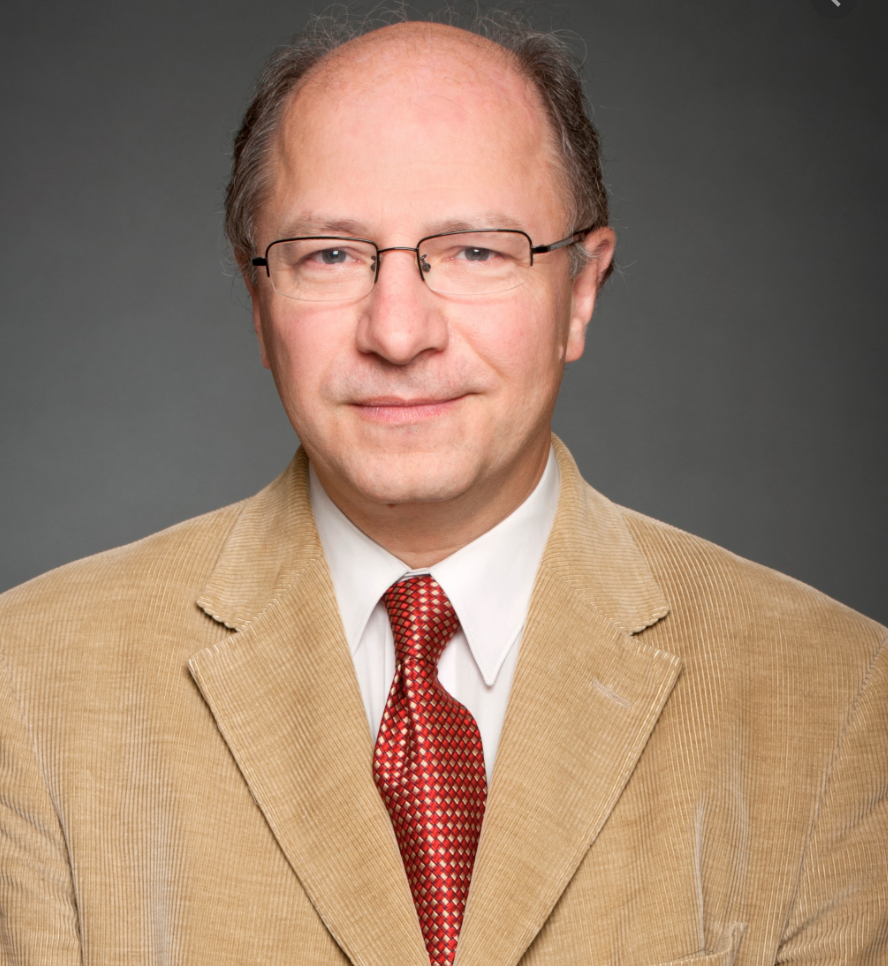 John Packer
John Packer
John Packer is Associate Professor of Law and Director of the Human Rights Research and Education Centre (HRREC) at the University of Ottawa. He was appointed the Inaugural Neuberger-Jesin Professor of International Conflict Resolution in April 2018. Prof. Packer is an experienced practitioner with some 20 years working for inter-governmental organizations, including in Geneva for the UN High Commissioner for Refugees, the International Labour Organization, and for the UN High Commissioner for Human Rights investigating serious human rights violations in Iraq, Afghanistan, Burma/Myanmar, extrajudicial executions, arbitrary detention, forced disappearances, the use of forensic sciences, the use of civil defense forces, and the independence of judges and lawyers throughout the world. From 1995 to 2004, he was Senior Legal Adviser and then the first Director of the Office of the OSCE High Commissioner on National Minorities in The Hague working across Central and Eastern Europe and throughout the former Soviet Union. For the last two years, Prof. Packer was a Constitutions and Process Design Expert on the United Nation’s Standby Team of Mediation Experts attached to the Department of Political Affairs, advising in numerous peace processes and political transitions around the world focusing on conflict prevention and resolution, diversity management, constitutional and legal reform, and the protection of human rights including minorities.
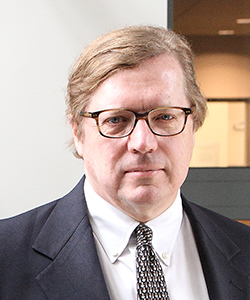 David J. Scheffer
David J. Scheffer
David J. Scheffer is Clinical Professor Emeritus and Director Emeritus of the Center for International Human Rights at Northwestern University’s Pritzker School of Law. From 2006 through 2020 he was the Mayer Brown/Robert A. Helman Professor of Law and from 2006 to 2019 the Director of the Center for International Human Rights. He taught international criminal law, international human rights law, and related subjects. Scheffer created the International Externship Program and the Cambodia Tribunal Monitor (www.cambodiatribunal.org). Professor Scheffer is Vice-President of the American Society of International Law, a Visiting Senior Fellow of the Council on Foreign Relations, and the Tom A. Bernstein Genocide Prevention Fellow at the U.S. Holocaust Memorial Museum. From 2012 to 2018 he was the U.N. Secretary-General’s Special Expert on U.N. Assistance to the Khmer Rouge Trials. Professor Scheffer was the first U.S. Ambassador at Large for War Crimes Issues (1997-2001) and led the U.S. delegation to the U.N. talks establishing the International Criminal Court. He signed the Rome Statute of the ICC on behalf of the United States on December 31, 2000. He negotiated the creation of five war crimes tribunals and chaired the Atrocities Prevention Inter-Agency Working Group (1998-2001). Professor Scheffer received the Berlin Prize in 2013 and the Champion of Justice Award of the Center for Justice and Accountability in 2018. Foreign Policy magazine selected him as a “Top Global Thinker of 2011.”
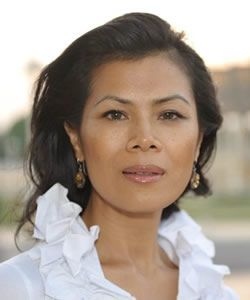 Theary Seng
Theary Seng
Theary C. Seng serves as the founding president of CIVICUS: Center for Cambodian Civic Education, a local Cambodian NGO. Prior, she founded the Cambodian Center for Justice & Reconciliation, now a major component of CIVICUS. In March 2006, she joined the Center for Social Development, a local human rights organization based in Phnom Penh, Cambodia as its executive director until her removal in July 2009 by a politically-motivatedcourt injunctive order. Seng was born in Phnom Penh, probably in January 1971. Under the Khmer Rouge, she lived in Svay Rieng province bordering Vietnam, where the killings were most intense and where she spent five months in Boeung Rei prison. The Khmer Rouge killed both her parents. She and her surviving family trekked across the border to Thailand in Nov. 1979 and emigrated to the U.S. one year later. Since 1995, Seng has been in Cambodia volunteering with various labor and human rights groups. In January 2004, she moved permanently to live and work in her country of birth. She has written about her life in a book entitled Daughter of the Killing Fields.
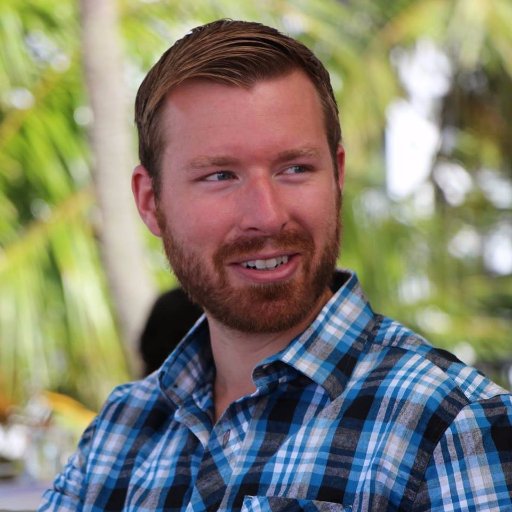 Christopher Tuckwood
Christopher Tuckwood
Christopher Tuckwood is the executive director and co-founder of the Sentinel Project for Genocide Prevention, a Toronto-based NGO dedicated to assisting communities at risk of mass atrocities worldwide. The Sentinel Project does this through the innovative use of technology and direct cooperation with threatened communities. His research and professional interests include early warning, intelligence analysis, technology development, and target group resistance to atrocities. He is also an occasional speaker and writer on these topics and currently teaches a training course on using technology in the defense of human rights as well as leading the Una Hakika project (a joint venture with iHub Research funded by IDRC) to counter atrocity-linked misinformation in Kenya's Tana Delta using mobile technology.
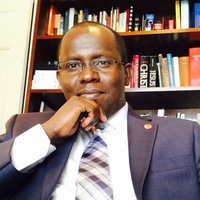 Marcel Uwineza
Marcel Uwineza
Marcel Uwineza is a Rwandan Jesuit priest who holds a PhD in theology from Boston College, Jesuit University (USA). He is particularly interested in the relationship between the Church and human rights, religion and international politics. He has worked at the African Jesuit AIDS Network in Nairobi, Kenya. He also worked with the Jesuit Refugee Service after the 2010 earthquake in Haiti. He served at Regina Pacis parish in Kigali, Rwanda. He has spoken at different universities including Boston University, Creighton University, Tufts University, Rivier University, the Catholic University of Eastern Africa, Boston College, and most recently at the United Nations General Assembly. He is currently an assistant professor at Hekima University College and the Dean of Students, Nairobi-Kenya. Uwineza holds degrees in Philosophy, African Studies, Theology, and Management from the University of Zimbabwe, the Catholic University of Eastern Africa (Kenya), and Boston College (USA). He has published more than ten articles in scholarly journals. He is also currently taking an MBA Leadership and Management through York Saint John University (UK) to equip himself with some leadership theoretical knowledge and learn how to be a better leader now and in the years ahead.
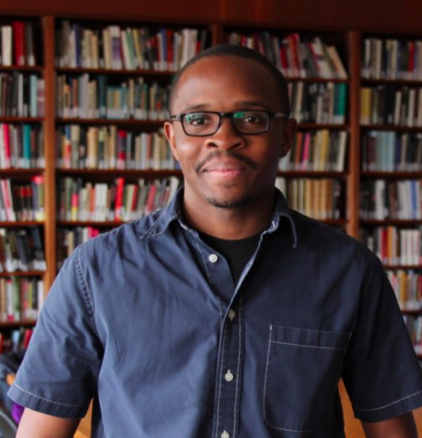 James Siguru Wahutu
James Siguru Wahutu
James Siguru Wahutu is an expert in the sociology of media, with an emphasis on genocide, mass violence, and ethnicity in sub-Saharan Africa, Assistant Professor in Media, Culture, and Communication at NYU. He has also written about global media patterns in covering genocide in Africa, on ethnicity, land, and politics in Kenya, and on the Kenyan media’s experimentation with social media platforms. Wahutu’s research has appeared in African Affairs, African Journalism Studies, Sociological Forum, Media, Culture, and Society, and Global Media and Communication. He is an Assistant Professor in New York University’s Department of Media, Culture, and Communication and a Faculty Associate at the Berkman Klein Center of Internet and Society at Harvard University.

